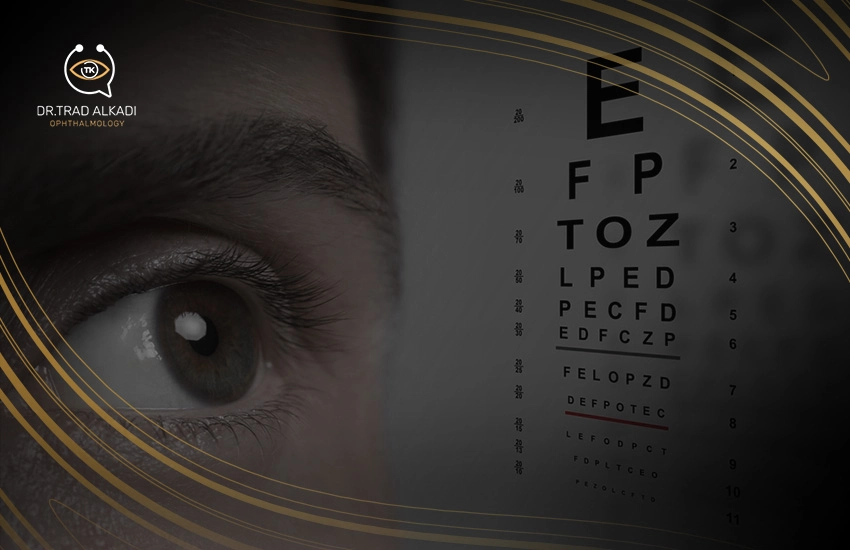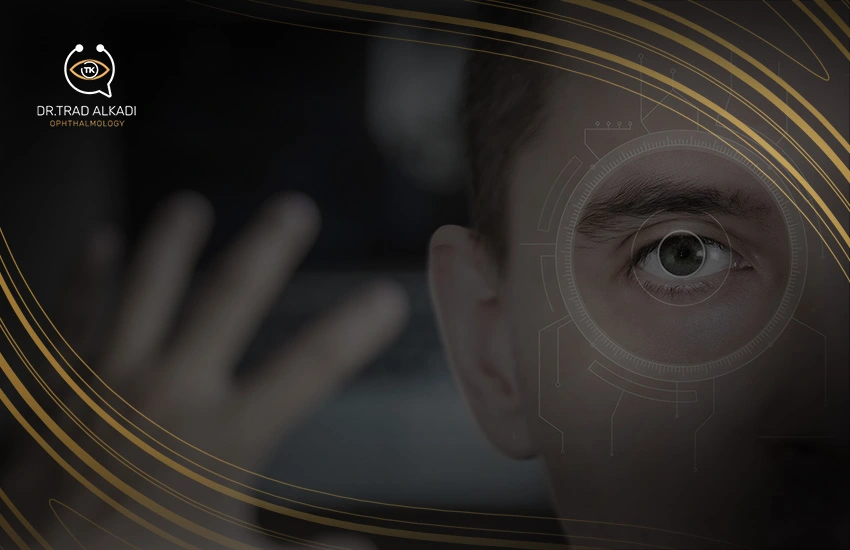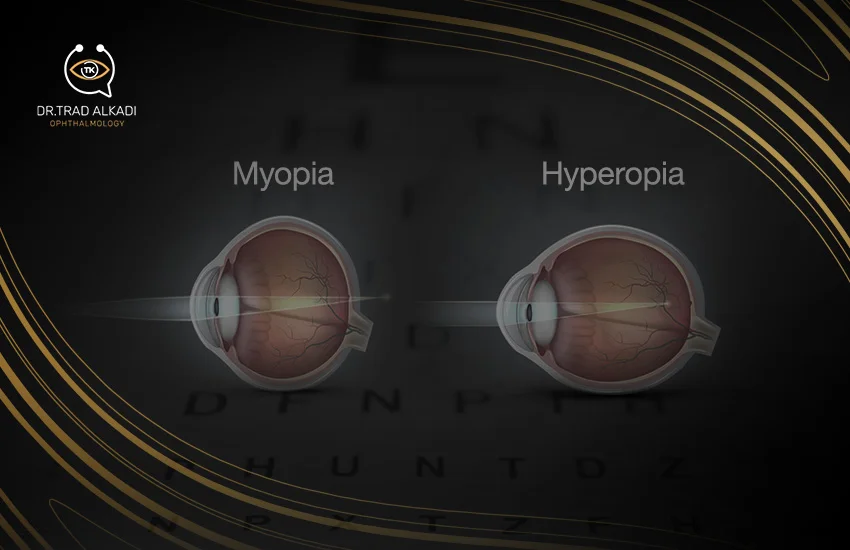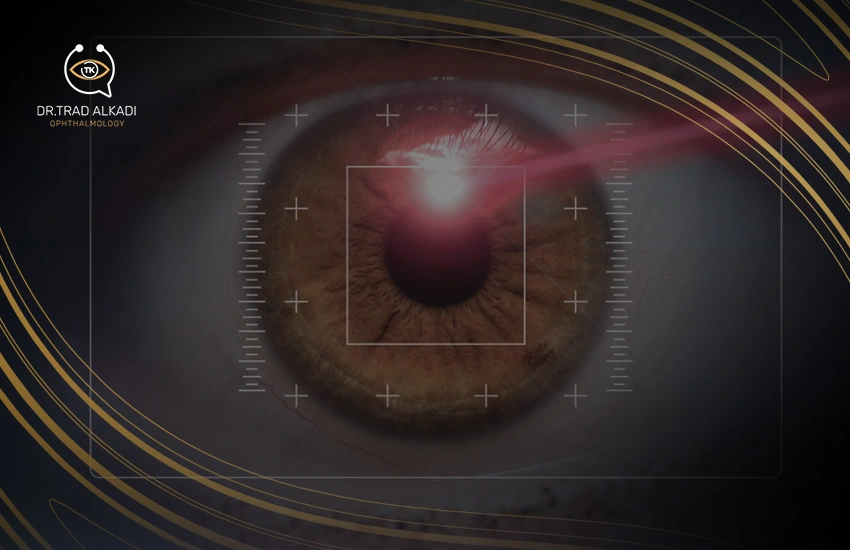Vision correction surgery ” Sight Correction Surgery ” can be a transformative option for those looking to reduce dependence on glasses or contact lenses. With various procedures available, selecting the most suitable one depends on factors such as eye health, corneal thickness, and lifestyle.This article explores the most common vision correction surgeries and helps you determine which may be the best fit for you.
Types of Sight Correction Surgeries
There are several types of vision correction surgery:
LASIK (Laser-Assisted in Situ Keratomileusis)
LASIK is the most widely performed laser eye surgery. It involves creating a thin flap in the cornea, reshaping the underlying tissue with a laser, and repositioning the flap.
- Ideal For: People with short-sightedness (myopia), long-sightedness (hyperopia), or astigmatism.
- Recovery Time: Typically 24 to 48 hours for initial healing.
- Benefits: Minimal discomfort and fast visual improvement.
- Considerations: Not suitable for those with thin corneas or severe dry eye.
PRK surgery (Photorefractive Keratectomy)
PRK was the first laser eye surgery developed and is still a preferred option for some patients. Unlike LASIK, PRK does not involve creating a corneal flap.
- Ideal For: People with thin corneas or pre-existing dry eye.
- Recovery Time: Longer than LASIK, usually taking a few weeks for full visual stabilization.
- Benefits: Suitable for those not eligible for LASIK; lower risk of flap-related complications.
SMILE (Small Incision Lenticule Extraction)
SMILE is a type of vision correction that involves making a small incision in the cornea to remove a thin, disc-shaped piece of tissue, reshaping the cornea to correct refractive errors.
- Ideal For: People with mild to moderate short-sightedness (myopia).
- Recovery Time: Shorter than PRK but comparable to LASIK.
- Benefits: Less invasive procedure with a reduced risk of dry eye symptoms.
Implantable Lenses (ICL)
For those who are not suitable candidates for laser eye surgery, implantable lenses offer a reversible solution.
- Ideal For: People with severe refractive errors or thin corneas.
- Recovery Time: A few days to a week.
- Benefits: Can be removed or replaced if necessary.
Choosing The Best Eye Correction Surgery For You
When choosing the best eye correction surgery for you, there are some factors to consider:
Corneal Thickness
LASIK requires adequate corneal thickness to create a flap, whereas PRK does not, making it a better option for those with thinner corneas.
Lifestyle Requirements
Athletes or those who participate in contact sports may prefer PRK or SMILE, as these procedures carry a lower risk of flap-related complications.
Recovery Time
LASIK offers the quickest recovery, whereas PRK takes longer for full visual stabilisation.
Existing Eye Conditions
Conditions such as severe dry eye or corneal abnormalities may make PRK or implantable lenses the more suitable option.
How to Prepare for Sight Correction Surgery
You can prepare for sight correction surgery by:
- Comprehensive Eye Examination: A thorough assessment by your ophthalmologist is crucial to evaluating your eye health and determining your suitability for surgery. This examination includes corneal mapping, measuring refractive errors, and assessing tear production.
- Contact Lens Cessation: If you wear contact lenses, you must stop using them for a designated period before your examination and surgery. Contact lenses can temporarily alter corneal shape, impacting the accuracy of pre-surgical measurements.
- General Health Assessment: sure you are in good overall health. Conditions such as uncontrolled diabetes or autoimmune diseases may impact healing and affect the surgical outcome.
- Medication Review: Let your doctor know about any medications or supplements you take, as some may impact your recovery or interfere with the surgery.
- Pre-Surgical Instructions: Follow all pre-surgery instructions given by your doctor, including any dietary restrictions and prescribed eye drop regimens.
- Consultation with a Specialist: Consult an experienced professional such as Dr Trad Alkadi, who can assess your condition, discuss your lifestyle needs, and recommend the most suitable sight correction procedure.
Why Choose Dr. Trad Alkadi for Sight Correction Surgery?
Dr Trad Alkadi, Assistant Professor and Consultant in Corneal, Cataract, and Vision Correction Surgery, is renowned for his expertise in advanced laser vision correction procedures. His extensive experience ensures that patients receive personalized care and achieve the best possible visual outcomes. Book a consultation today to explore your options.
